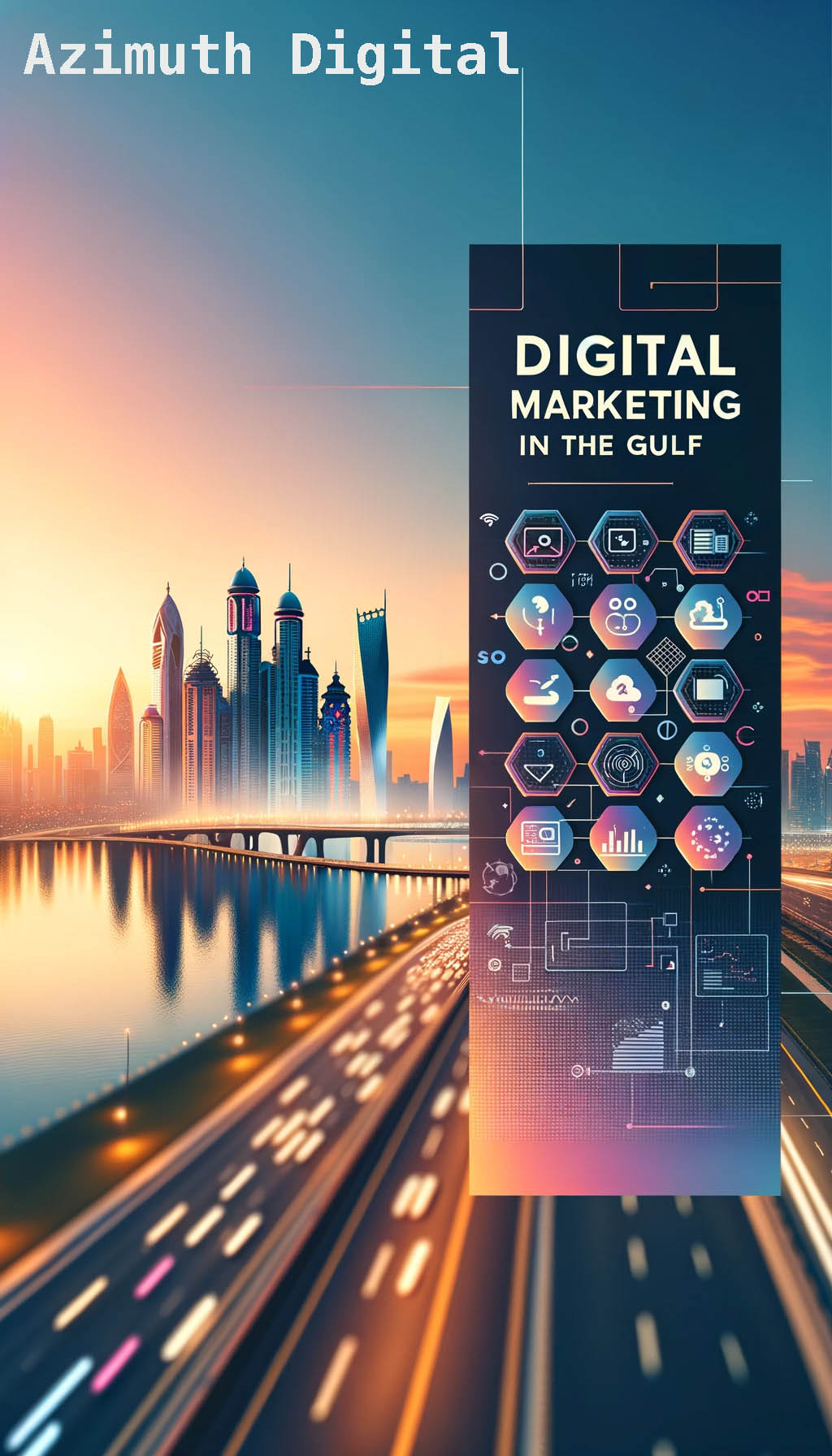With the rapid advancement of technology, artificial intelligence (AI) has emerged as a groundbreaking tool for innovation across various industries. Google, a leading player in the AI landscape, has introduced a revolutionary concept called Google Gemini. This next generation of AI encompasses multimodal capabilities, combining different modes of data such as text, images, and voice to enhance user experiences and drive technological innovation.
The Impact of Google Gemini on Technological Innovation
Google Gemini has had a significant impact on technological innovation since its introduction. By leveraging multimodal AI, Google has been able to develop cutting-edge applications that have transformed various industries. For instance, in the healthcare sector, Google Gemini has been instrumental in diagnosing diseases through the analysis of medical images and patient data. Similarly, in the automotive industry, it has enabled the development of self-driving cars by integrating visual perception with sensor data. These examples demonstrate the immense potential of Google Gemini in revolutionizing technology.
Understanding Multimodal AI and Its Applications
Multimodal AI refers to the integration of different modes of data, such as text, images, and voice, to enable machines to understand and interpret information in a more human-like manner. This approach enables AI systems to learn from multiple sources and make more accurate and informed decisions. The applications of multimodal AI are vast and diverse. In the field of natural language processing, it enables machines to interpret and respond to human language in a more nuanced manner. In computer vision, it allows for the recognition and understanding of images and videos. Additionally, in speech recognition, it enhances the accuracy of voice-based interactions. The combination of these modalities opens up new possibilities for AI systems across various domains.
Deep Learning Algorithms in Google Gemini
At the core of Google Gemini’s multimodal AI capabilities are deep learning algorithms. These algorithms are designed to mimic the human brain’s neural networks, enabling machines to learn and analyze complex data patterns. Deep learning algorithms have revolutionized the field of AI by enabling computers to process and understand unstructured data such as images, text, and audio. In the context of Google Gemini, these algorithms power the multimodal analysis of diverse data sources, allowing for more accurate and comprehensive insights.
Content Generation and AI in Business
One of the significant applications of Google Gemini’s multimodal AI is in content generation and AI-driven business processes. By leveraging multimodal capabilities, businesses can create more engaging and personalized content for their customers. For instance, AI-powered chatbots can use multimodal inputs to provide more relevant and contextual responses to customer queries. Moreover, in the field of marketing, AI algorithms can analyze multimodal data to generate targeted advertisements that resonate with the audience. These advancements in content generation and AI-driven business processes not only enhance customer experiences but also drive business growth.
Interactive Technology and the Future of AI
Google Gemini’s multimodal AI capabilities have paved the way for interactive technologies that bridge the gap between humans and machines. The integration of multimodal inputs such as voice commands, gestures, and facial expressions allows for more intuitive and natural interactions with AI systems. This opens up new possibilities for applications such as virtual reality, augmented reality, and smart home devices. As interactive technology continues to evolve, the future of AI holds promising opportunities for seamless integration into our daily lives.
Machine Learning in Google Gemini
Machine learning plays a crucial role in Google Gemini’s multimodal AI capabilities. By training AI models on vast amounts of data, machine learning algorithms enable Google Gemini to recognize patterns, make predictions, and adapt to changing environments. This empowers Google Gemini to continuously improve its performance and provide more accurate and personalized experiences to users. Machine learning algorithms are the driving force behind Google Gemini’s ability to understand and interpret multimodal data, making it a powerful tool for technological innovation.
Enhancing User Experience with Multimodal AI
The integration of multimodal AI in Google Gemini has revolutionized user experiences across various platforms and devices. By incorporating multiple modes of data, such as voice, text, and images, Google Gemini can provide more personalized and interactive experiences. For instance, voice assistants powered by Google Gemini can understand natural language commands and respond with contextually relevant information. Similarly, image recognition capabilities enable users to search and identify objects simply by capturing an image. These advancements in user experience have transformed the way we interact with technology and are set to continue shaping the future of AI.
The Role of Google Gemini in Digital Transformation
Digital transformation has become a critical strategy for businesses to stay competitive in today’s fast-paced world. Google Gemini plays a vital role in driving digital transformation by enabling businesses to leverage multimodal AI capabilities. By integrating Google Gemini into their processes, organizations can automate tasks, extract valuable insights from data, and deliver personalized experiences to their customers. This integration allows businesses to streamline operations, improve efficiency, and stay ahead of the curve in the digital era.
The Potential Applications of Multimodal AI
The potential applications of multimodal AI powered by Google Gemini are vast and diverse. In the education sector, multimodal AI can revolutionize the learning experience by providing personalized and adaptive content to students. In the entertainment industry, it can enhance the creation and delivery of immersive experiences through virtual reality and augmented reality technologies. Additionally, in the field of cybersecurity, multimodal AI can analyze diverse data sources to detect and prevent cyber threats. These applications highlight the transformative potential of multimodal AI across various sectors.
Challenges and Limitations of Google Gemini
While Google Gemini’s multimodal AI capabilities hold tremendous promise, there are several challenges and limitations to consider. Privacy and data security concerns arise when dealing with multimodal data sources, as sensitive information can be inadvertently captured and stored. Additionally, the ethical implications of using AI in decision-making processes and the potential for bias in algorithms require careful consideration. Moreover, the complexity of implementing multimodal AI systems and the need for significant computational resources pose challenges for widespread adoption. Addressing these challenges is crucial to ensure responsible and ethical use of Google Gemini and its multimodal AI capabilities.
The Future of AI and Technological Innovation
Google Gemini’s multimodal AI capabilities have opened up new horizons for technological innovation. By combining different modes of data, Google Gemini has enhanced user experiences, enabled new applications, and transformed various industries. As technology continues to advance, the potential of multimodal AI in driving innovation is virtually limitless. However, it is essential to navigate the challenges and limitations associated with AI to ensure its responsible and ethical use. With continuous advancements in AI and the integration of multimodal capabilities, the future holds exciting possibilities for AI-driven technological innovation.
This article has been written to provide an overview of Google Gemini and its impact on technological innovation. To learn more about Google Gemini and explore its applications in your specific industry, consult with our AI experts and unlock the full potential of multimodal AI. Contact us today to embark on your journey towards AI-driven success.
Google AI website: https://ai.google/











